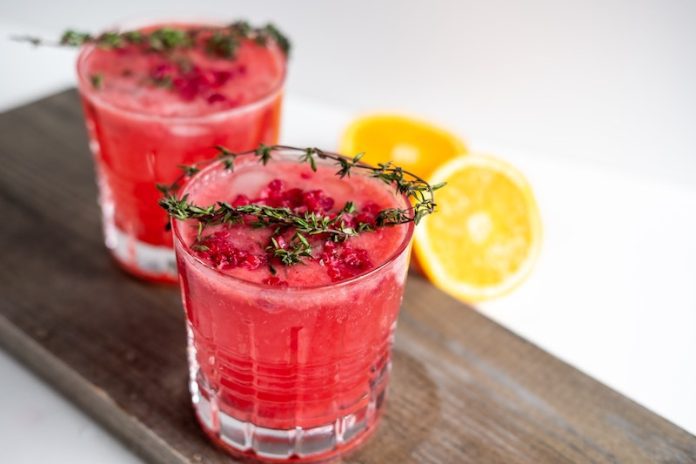
Scientists from the Shahid Beheshti University of Medical Sciences found drinking beetroot juice could help reduce blood pressure.
Blood pressure is measured using two numbers: The first number, called systolic blood pressure, measures the pressure in your arteries when your heart beats.
The diastolic blood pressure, or the bottom number, is the pressure in the arteries when the heart rests between beats. This is the time when the heart fills with blood and gets oxygen.
Many studies find a greater risk of stroke and heart disease related to higher systolic pressures compared with elevated diastolic pressures.
Beetroot is considered a complementary treatment for high blood pressure because of its high content of nitrates.
Beets are naturally high in nitrates, which are turned into nitric oxide in the body. This compound relaxes and widens blood vessels, which, in turn, lowers blood pressure.
Previous research has found that dietary nitrate from beetroot juice lowers blood pressure.
In the current study, researchers aimed to test beetroot juice supplementation on systolic blood pressure and diastolic blood pressure.
They reviewed 22 published studies, including a total of 47 beetroot-intervention groups and 43 control groups (i.e., people who did not drink beetroot juice).
The team found that overall, systolic blood pressure and diastolic blood pressure were much lower in the beetroot juice-supplemented groups than in the control groups.
The blood-pressure-lowering benefit of beetroot juice was larger when people drank the juice for more than 14 days, and when people drank a larger amount of beetroot juice (500 mL/day).
The more beetroot juices the participants drank, the lower their blood pressures were.
These findings demonstrate the blood pressure-lowering effects of beetroot juice.
One limitation of the study is the high levels of heterogeneity.
They were unavoidable because of the varying population groups of studies, varying doses of beetroot juice of supplements, differences in study durations, and the differences between participants.
The research is published in Advances in Nutrition and was conducted by Zahra Bahadoran et al.
Copyright © 2022 Scientific Diet. All rights reserved.





